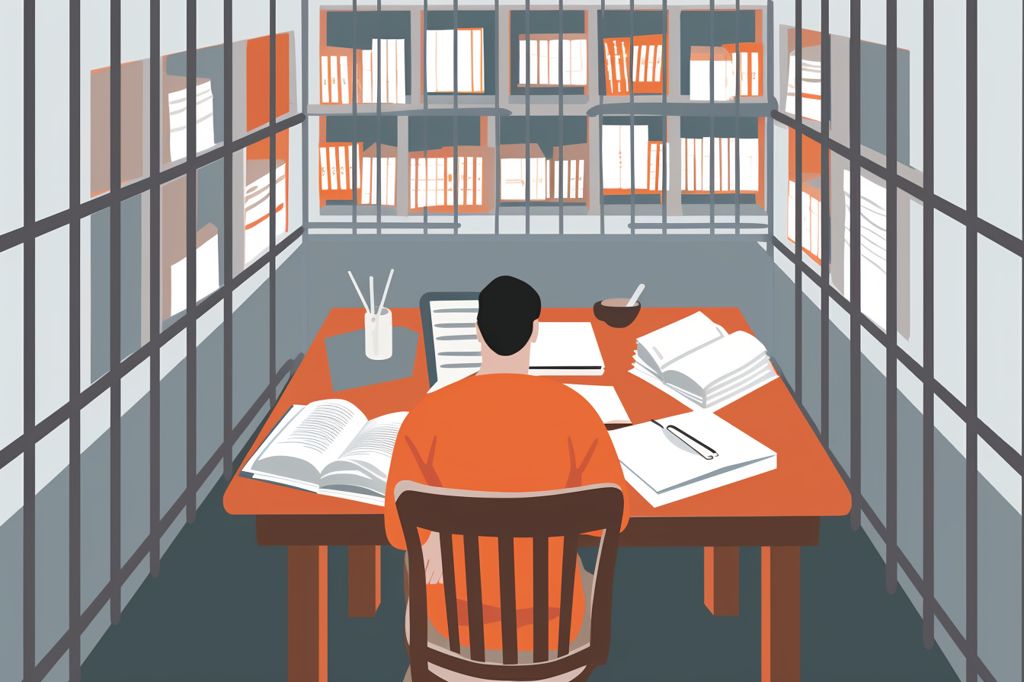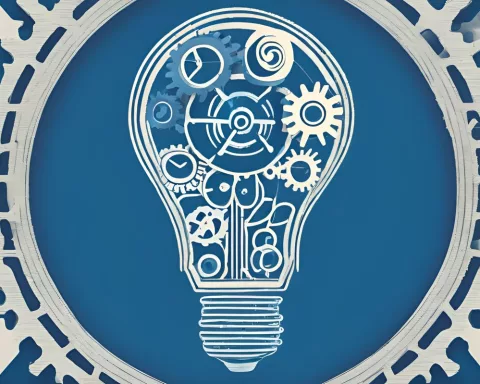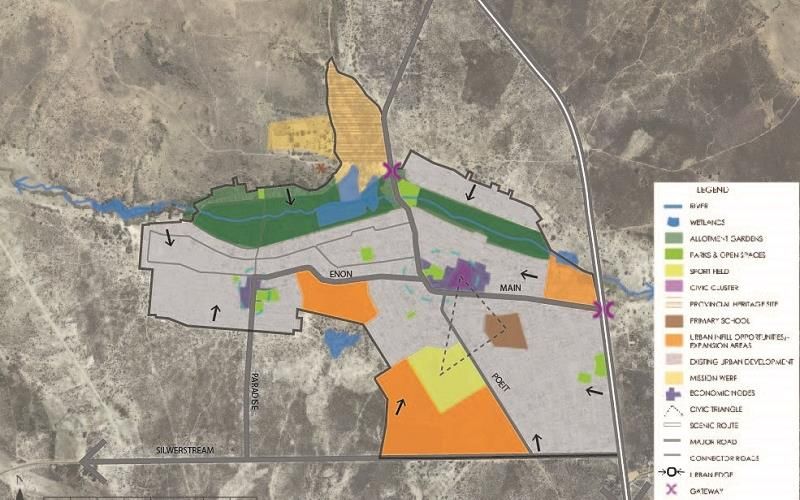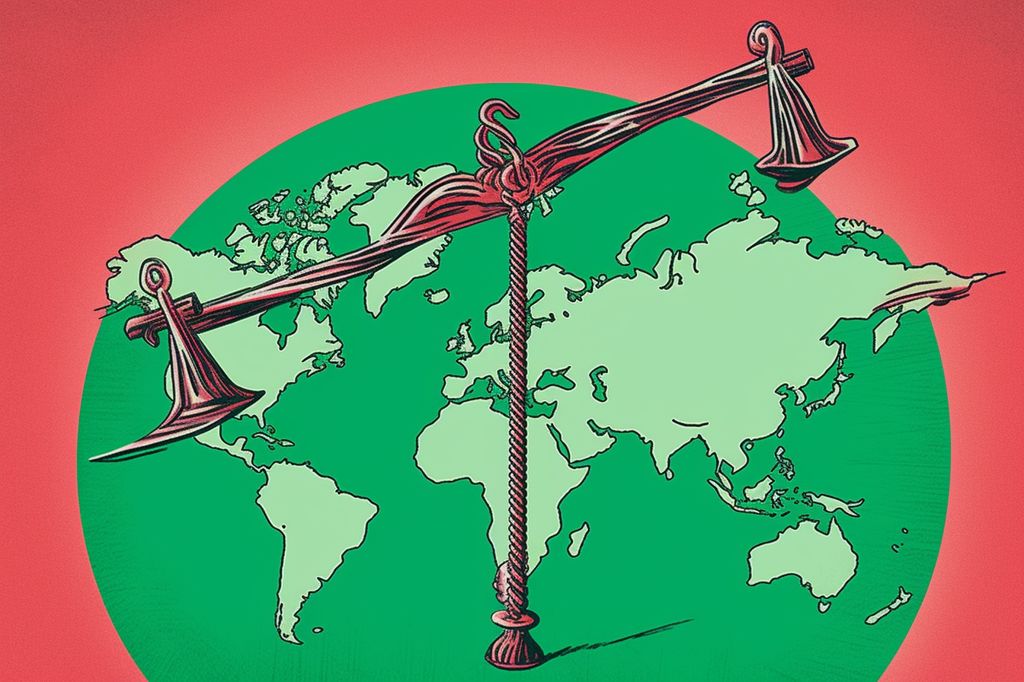The issue of education for prisoners in South Africa has been a topic of much debate for many years. Recently, Lawyers for Human Rights (LHR) filed a court case on behalf of a prisoner, Mbalenhle Sydney Ntuli, regarding using personal computers in cells for educational purposes. This case has brought the issue to the forefront once again.
Concerns with Current Policy
One of the most severe problems with South African prison policy is that it prevents or limits computer use by detainees who have enrolled to study. Previous judgments have found this to be unjust discrimination, prompting the Minister of Justice and Correctional Services, the National Commissioner, and the chiefs of relevant prisons to file an appeal.
The Importance of Education
LHR argues that access to education is crucial for prisoner rehabilitation and re-entry into society. In Ntuli’s case, he was granted an order to use his computer in his cell. However, after being transferred, he was informed he had to study in the computer center, limiting his study time.
Security Concerns
The government has raised concerns about allowing prisoners access to personal computers in their cells, citing security threats. However, Acting Judge Molefe Matsemela dismissed these concerns, stating that computers could be screened and no evidence of security breaches had been provided. He also noted that it was in society’s best interests for ex-inmates to function in society fully.
Constitutional Rights
Another case involved Boeremag member Lets Pretorius and his two sons, Johan and Wilhelm Pretorius, who were granted the right to use personal computers in their cells. LHR argues that prisoners, except for liberty rights, retain the same constitutional rights as any other citizen.
Amicus Curiae
The Judicial Inspectorate of Correctional Services (JICS) has been admitted as an amicus curiae. JICS states that access to education in cells improves mental and physical well-being, increases the chances of post-release employment, and reduces the risk of recidivism.
Balancing Security and Education
The case highlights the need to balance security concerns with the right to education. Accordingly, the SCA must determine whether the education policy is unconstitutional or can be amended to accommodate prisoners’ educational needs while ensuring safety and security in the prison system.
Access to education plays a crucial role in prisoner rehabilitation and reducing recidivism rates. Therefore, it is a significant issue that needs to be addressed to make society safer.











